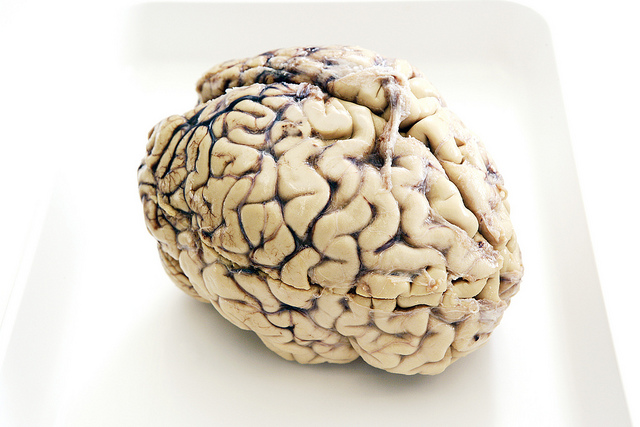It’s been a Philosophy 101 conversation for at least as long as there’s been Philosophy 101. The question is some variation of “What makes you, you?” Is it your body? Your brain? Your memories, perhaps?
A new film explores the relationship between memory and identity, and just how fungible our memories really are. It’s a film called “Criminal” that stars Kevin Costner as a convict whose brain been implanted with the memories of a deceased CIA agent.
Nick Griffin. a Ph.D. student at the University of Texas at Austin researching cognitive neuroscience, says the idea could work, but it’d be more like recreating old memories than implanting new ones.
“Right now, with that sort of implant idea, there’s been some research done at other universities done in animals where they have taken different technologies and used them to recreate memories, or reinstate memories, and create false memories in those animals,” Griffin says. “That’s sort of just creating and reintroducing memories rather than completely implanting something from another being or another person.”
What you’ll hear in this interview:
– The implications of changing memories
– How our memory can betray us
– Why relying on memories isn’t reliable















